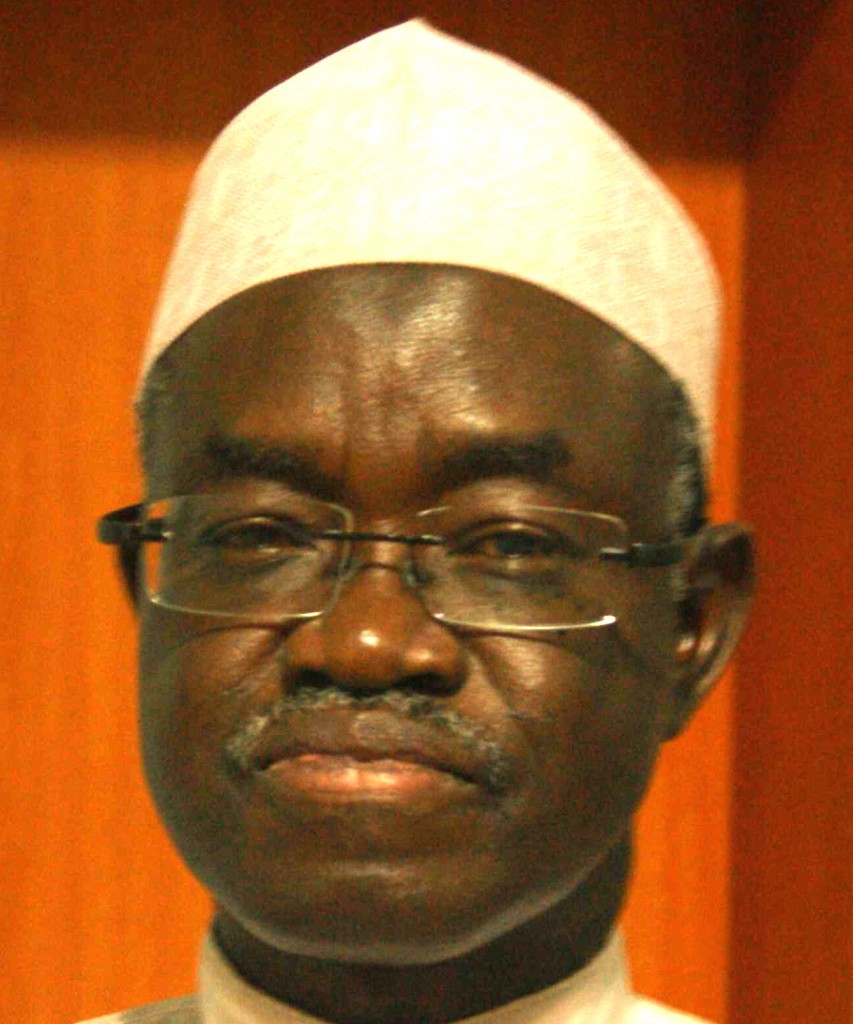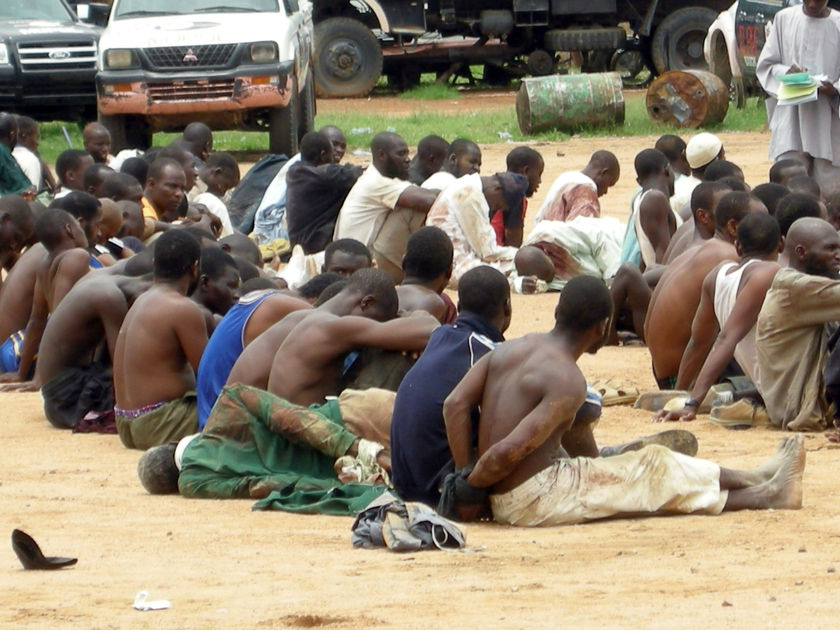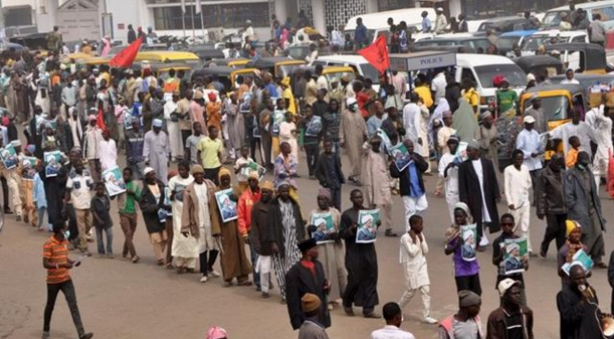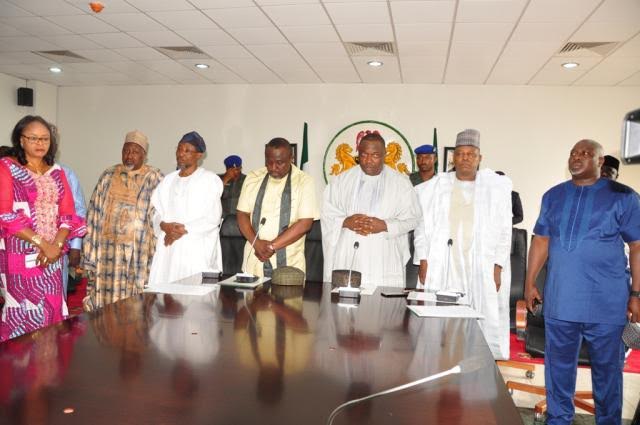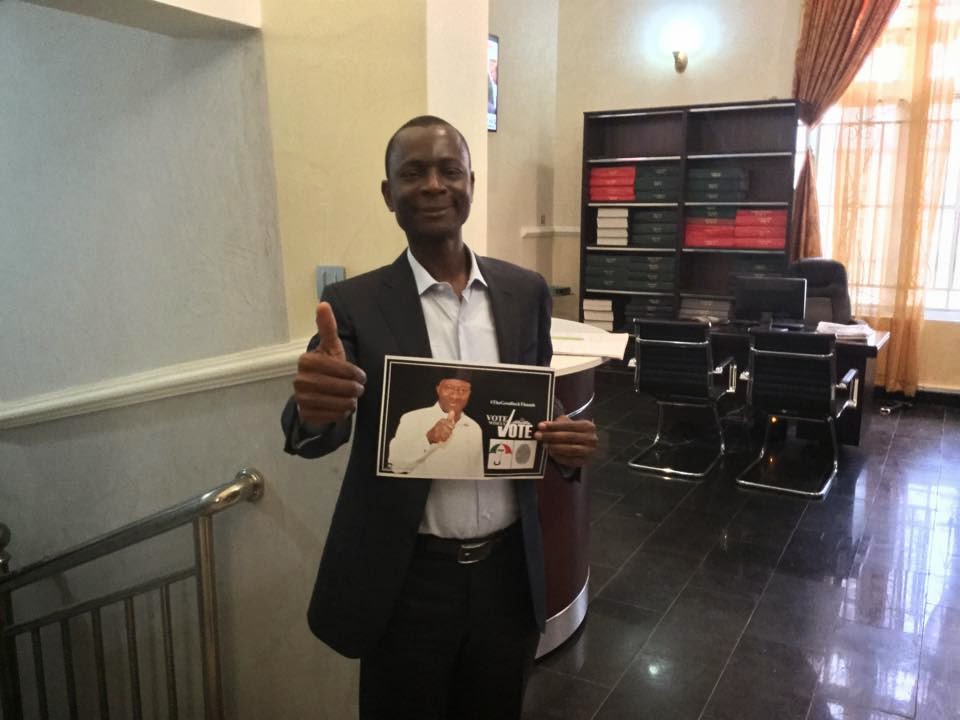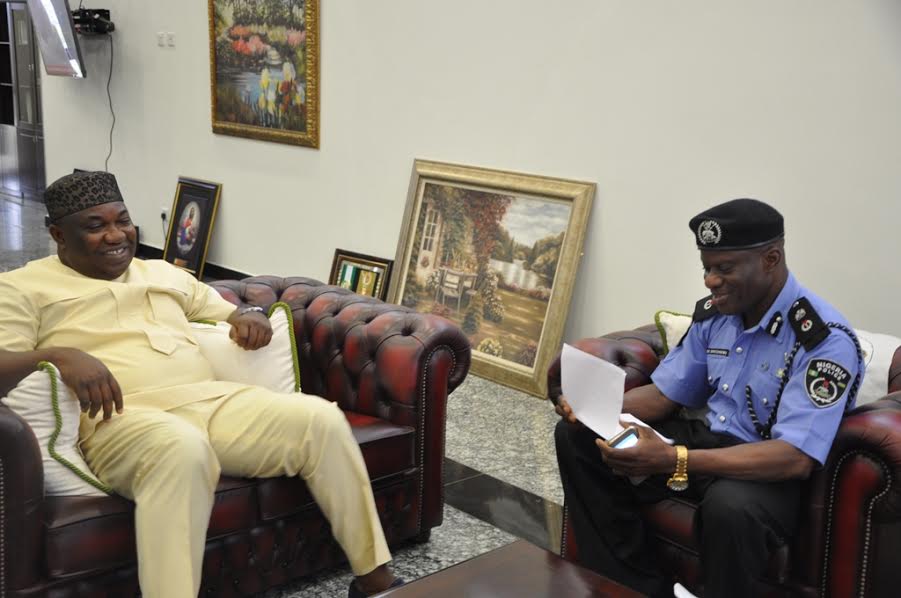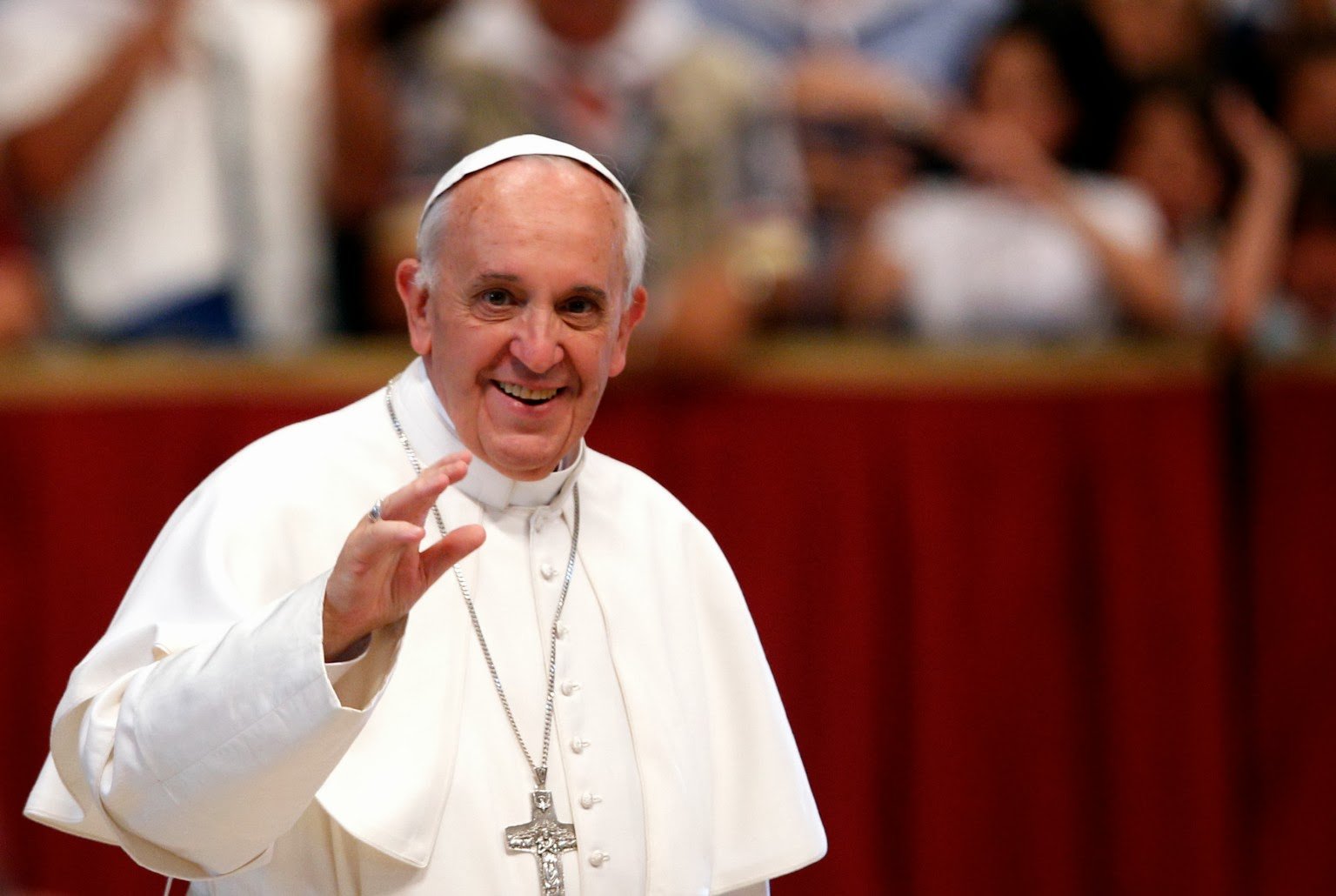Nearly four years ago, July 13, 2012 to be specific, I delivered the key speech on a topic that couldn’t be more appropriate to the insecurity the country currently faces. The topic was “Media and civil liberties when the cloud of fear gathers”. The speech was 2242 words long and I delivered it on the occasion of the 4th Media Lecture Series of the Wole Soyinka Centre for Investigative Journalism. I’ve reproduced an edited version of it today for the lessons I believe it contains about the way our media have been reporting the so-called Herdsmen/Farmers clash in recent times.
Two days ago (July 11, 2012), I received a short email from one Adesina Fagbenro-Byron who I don’t believe I have met. Its subject was “Thoughts on Boko Haram.” It read:
“Dear Mohammed
1. Is BH a foreign invasion on Nigeria in collusion with some Nigerian northern elites (NW and NE)?
2. Should we not shut down the northern borders until problem is contained?
3. What role are military intelligence and tactical air survey playing in helping to resolve the issue?
4. Is it not time to contain ‘Fulani’ herdsmen?
Regards
Sina”
I believe most, if not all, the members of this distinguished audience will agree with me that Sina’s posers go to the heart of our subject this morning, to wit, how the country’s media reports conflicts at times of grave insecurity such as the country has faced since the Jama’atu Ahl-Sunnati Lil Da’awati wal Jihad, a.k.a. Boko Haram, started its terror campaign a few years ago, following the extra-judicial killing of its leader, Muhammad Yusuf, in the wake of its July 2009 battle with the army in Maiduguri, the Borno State capital.
Advertisement
It should be obvious that Sina’s posers were rhetorical; they were asked to make a statement rather than obtain answers. Sina obviously believes the answers to his posers are all in the affirmative – or should be. In this I believe his rhetoric resonates well with a large number of Nigerians, almost certainly with the vast majority of Christians and southerners who are no doubt convinced by now that Boko Haram is an open Northern/Muslim agenda whose objective is to undermine, if not overthrow, the Goodluck Jonathan presidency for no worse crime than that he is a Southerner and a Christian.
No less than the president himself, along with two other prominent Nigerians, namely, the Senate president, David Mark, and the illustrious Nigerian after whom the media centre organizing this lecture is named, appear to believe this theory.
When Soyinka claimed in his The Butchers of Nigeria that Boko Haram has escalated its deadly attacks on Christians and government targets (and Mark and the president seemed to agree, at least by inference) he was right – but only up to a point. Boko Haram has indeed attacked Christians and government targets. But it has also attacked and killed Muslims. Indeed it has probably killed far more Muslims than Christians. Certainly it has led to far more innocent Muslims being killed and maimed as a result of the military’s scorched earth counter-insurgency against the sect in the mostly Muslim neighbourhoods from which its members seem to operate. Even more certainly its activities have slowly but surely been bleeding the Northern economy to death as non-indigenes and foreigners flee from the region in large numbers in fear for their lives.
Advertisement
However, what seems to have caught the imagination of the Nigerian public is the victimhood of Christians and Southerners rather than the danger the Boko Haram terror poses to all Nigerians and to the country itself.
The regional/religious mould of our politics is partly responsible for this distortion of the Boko Haram story. However, part of the blame must go to the Nigerian media for the way it has reported the story; the Southern and Christian dominance of the ownership and control of the Nigerian media has all too often led to an anti-Northern/Muslim bias in the coverage of not only the Boko Haram story but also of most stories of ostensibly ethnic and religious conflicts in the country.
A case in point was last Sunday’s shocking attack of mourners, allegedly by Fulani herders, at a burial ground in Jos which resulted in the death of Senator Gyang Datong and the Majority Leader of the Plateau State House of Assembly, Mr Gyang Fulani. Virtually all the newspapers accepted the state Government House’s more sensational version of the events at face value, namely that the two prominent legislators were shot to death, apparently because this version conformed to their stereotype of the evil, Christian hating Hausa/Fulani Muslim.
The accurate version, it turned out, was that the two died as a result of shock following the unexpected attack which led to a stampede. Of course, this did not make the attack any less despicable and condemnable. However, the importance of accurately reporting what happened became apparent during a visit by the state’s governor, Da David Jang, to condole and commiserate with a member of the House of Representative, Simon Mwadkon, who had survived the attack.
Advertisement
During the visit, Jang reportedly said it was important that the world should know how Datong and Fulani died and asked Mwadkon, as an eyewitness and a lucky survivor of the attack, to describe what happened. “Everybody,” said Mwadkon, “was racing away, but the Senator slumped and there was a race to take him.” This version tallied with what members of the senator’s family had said about of how the senator died. But it was the version most of the newspapers chose to downplay or even ignore.
All media have their biases even during the best of times. In times of conflict these biases tend to become amplified. But then it is in times of conflict that the media ought to strive even harder for accuracy, balance, fairness and objectivity in their news coverage, if not in their commentary.
The reason is simple. Only an adherence to these and other time-honoured tenets of professionalism can protect the media from being used by either side in a conflict for propaganda.
The media must remember that when the clouds of fear gather, as they have in Nigeria since the rise of Boko Haram terror in the last three years, the civil rights of individuals and even their more basic civil liberties as guaranteed by the Constitution can be easily jeopardized by both insurrectionists and government alike through the use of fear.
Advertisement
The other day the freedom of the press as a civil liberty came under serious attack when the premises of Thisday in Abuja and the building it shared with Sun in Kaduna were bombed, an act which Boko Haram claimed responsibility for. The attack, which left a few people dead and several more wounded, was roundly condemned as it should be.
However, the fear of Boko Haram has allowed government to get away with violating the civil rights of many Nigerians because they are spouses of suspected members of the sect or because of mere suspicions that they are either members of the sect or its sympathisers. Many of such Nigerians are in detention without trial and neither the media nor civil society organizations have been speaking up against such violations.
Advertisement
Now, Boko Haram is, of course, not the only source of the dark clouds hovering over our country. There is armed robbery. There is kidnapping. And in spite of the current amnesty for the Niger Delta militants there is the distinct danger that they may return to the region.
Right now, however, Boko Haram tops the list and therefore deserves priority attention.
Advertisement
The immediate solution to its menace is dialogue. Soyinka obviously would see this as “appeasement”. But it should be obvious by now that the use of force alone has not ended the vicious cycle of violence that the 2009 attempt at putting down the Boko Haram insurrection had started.
Beyond dialogue, however, poverty, injustice and inequity, which are at the root of the violent conflicts in our society, must be tackled. The greatest responsibility for this belongs to the governors of the nineteen Northern States, as the poorest region in the country. And the greatest weapon the governors can use if they are to succeed in their responsibility is to invest massively in education, primary and secondary school education especially.
Advertisement
In the old Northern Region of Sir Ahmadu Bello, its first and only premier, the region used to spend about 40 per cent of its budget on education, mostly secondary. The Northern governors should learn from this.
Still on the issue of tackling the poverty, injustice and inequities that are at the root of the violent conflicts in our country, the on-going trillion-Naira scandal surrounding our petrol subsidy regime has, I believe, removed any doubt that corruption lies at the heart of the problems of this country. This disease of corruption has to be fought if we wish to bring an end to the endemic poverty that has become so pervasive in the land. A situation where a well-connected few in the public and private sectors live in soulless opulence at the expense of the vast majority of ordinary Nigerians is simply unacceptable.
Fourth, a review of the revenue allocation formula between the Federal and the other levels of government has become an imperative. At more than half of the federation account, the current formula gives too much money to the centre, making it dabble into affairs like primary and secondary education and health-care that are best handled by the lower levels of government.
The media on its part must play its watchdog role of holding our politicians and other public figures accountable to the people. They must never allow the clouds of fear that has hovered over the country these past few years to divert their attention from speaking out against any government’s subversion of the civil rights its citizens have been guaranteed by its Constitution.
Add a comment
